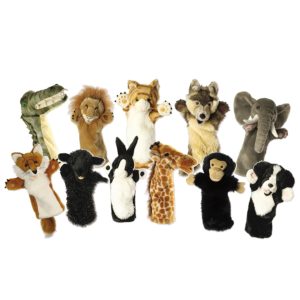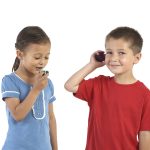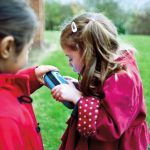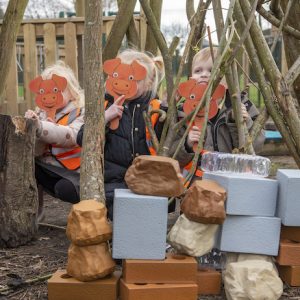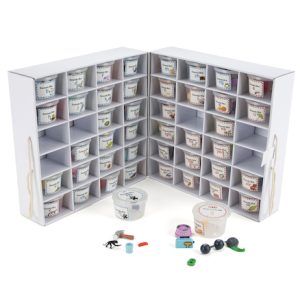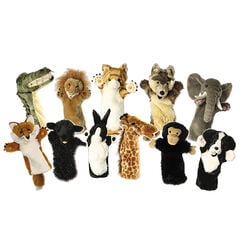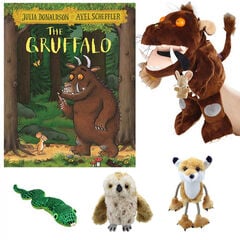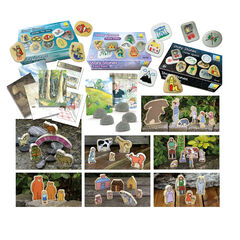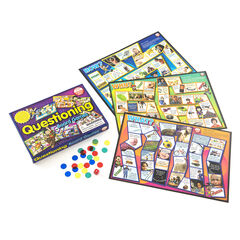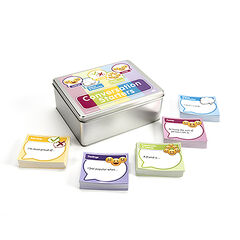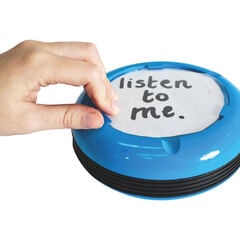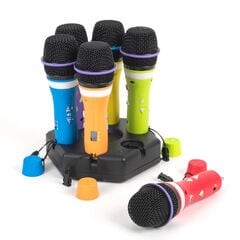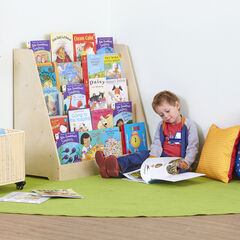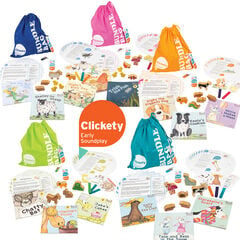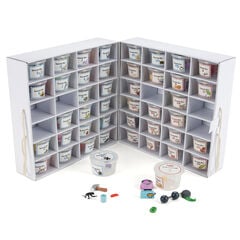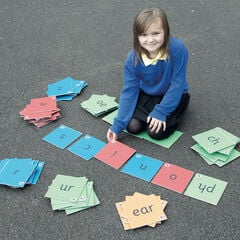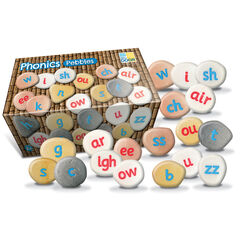Developing Language and Reading
In this blog we explore ways to help develop language and reading and create a language rich environment.
Posted on
Tuesday 07th
November 2023
Language & Reading
When you open a book,
You will find,
A poem, a tale,
Of every kind!
When you speak the words,
You will see,
Something for you,
And something for me!
Language
Language underpins progress, impacts on attainment, behaviour, and plays a vital role in building a child’s confidence whilst enhancing future life chances. It enables pupils to learn, helps them to get along with others and supports well-being.
Oracy is one of the most used and most important skills in school helping to improve outcomes across the curriculum. It is very much at the heart of classroom practice with students talking as a whole class, communicating in group discussions or in partner conversations. Teachers use oracy to explain, demonstrate, instruct, and coach. By planning purposeful classroom talk it supports learning across all subject areas. Through dialogue teachers can gauge pupil’s understanding, appreciate their ideas and perspectives. Talking is an effective way of assessing students understanding.
Children need to communicate formally and informally. Being able to speak clearly and process speech sounds enables us to understand others, express ideas and interact and these are all fundamental building blocks.
With limited understanding and use of language a word gap appears, and a child can be seriously limited in their enjoyment of school and success beyond. Increasing children’s vocabulary reduces inequalities and improves outcomes for all. Finding techniques to stimulate children and develop their language and reading skills should be at the heart of our work.
With the right resources students can be helped to feel more confident to talk in front of an audience and have the skills needed to discuss ideas in small groups. Students with speech, language, and communication difficulties and those with English as an additional language can feel better supported to participate in all classroom talk. At TTS we work closely with teachers and other educational professionals to create resources to inspire children to talk and listen to others.
Here are a few of our favourite resources.
Language through story kit
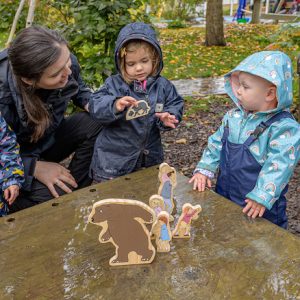 Speech and Language sets
Speech and Language sets
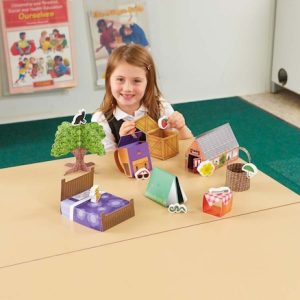 Questioning skills Board Games
Questioning skills Board Games
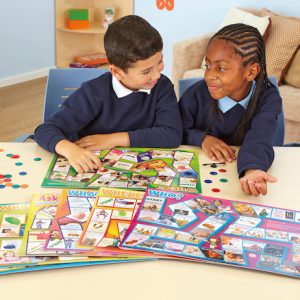 Conversation Starter Cards
Conversation Starter Cards
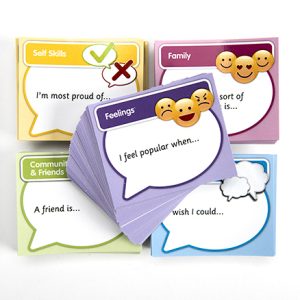 Kitt the Learning Companion
Kitt the Learning Companion
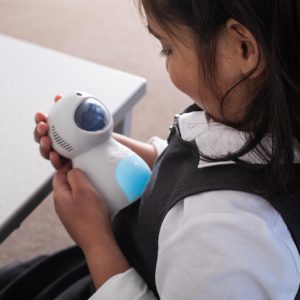
Creating a language rich environment
In oracy-rich classrooms, talk is at the forefront of teaching and learning.
Language underpins success in all other subjects, raising standards and helping children to reach their full potential. Children need to be given opportunities to play and explore, to discuss and reflect on ideas and use language in all that they do. By immersing children in a language rich environment and offering them as many opportunities as possible, leads to a higher level of engagement which in turn equals a higher level of attainment.
Every child is unique, and we need to build on what they already know and respond to their interests, feelings, and experiences. It is important to plan carefully both open and directed play along with focused learning sessions, to provide quality opportunities to develop language and reading. A stimulating learning environment will ignite their minds and inspire learning.
Resources to help create a language rich environment.
Recordable Microphones
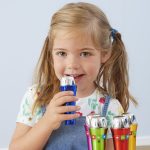
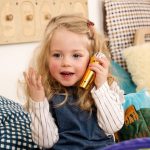 Light-up Phones and Talking Tubes Telephones
Light-up Phones and Talking Tubes Telephones
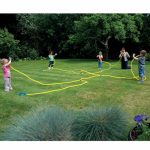
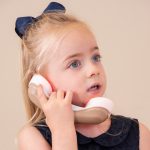
Reading
Research shows that reading more and developing a love of reading and literature has a positive impact on educational success. High-quality oracy improves reading and develops vocabulary and understanding.
Create as many reading opportunities as you can in the classroom to develop curiosity and interest. Such as:
A mud kitchen with words such as squishing, squashing to extent vocabulary and encourage talk in play. See our messy play Wow Pack
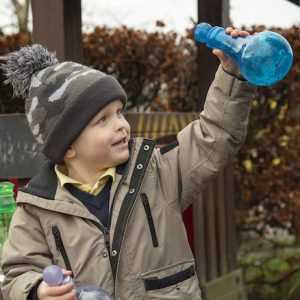 An inviting book area to celebrate books and reading. See our Book stand.
A wide range of good quality text, visual cues, and props to understand meaning of words and encourage retelling of stories. See our selection of Story books and puppets.
An inviting book area to celebrate books and reading. See our Book stand.
A wide range of good quality text, visual cues, and props to understand meaning of words and encourage retelling of stories. See our selection of Story books and puppets.
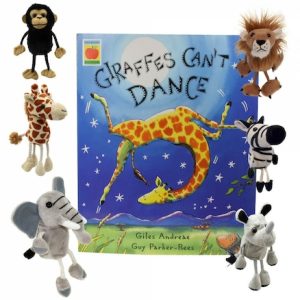 Easi-speak microphones and other recordable devices, story CDs and books with puppets are perfect for storytelling.
Easi-speak microphones and other recordable devices, story CDs and books with puppets are perfect for storytelling.
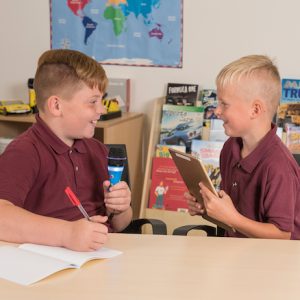 Use floor books and other books written by children to encourage discussions and celebrate children’s work.
Use floor books and other books written by children to encourage discussions and celebrate children’s work.
- Investing time in reading aloud, singing, reciting nursery rhymes and poems and talk time with the children, sparks emotions, stimulates imaginations and broadens minds. Children will love joining in with voices, gestures, actions, and facial expressions. Allow them to become immersed in the stories. See our Sound Play Bundles.
-
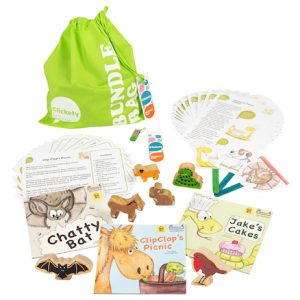
The use of rhymes helps children to hear sounds and breaks down words. Statistics show that knowing eight nursery rhymes by the age of four can help you become one of the best readers by the time you are eight! See our range of Nursery rhymes.
Phonics
Another regular directed session of course will be daily phonics. A sequential approach to phonics provides the code for working out unknown words. Fun phonics sessions build up recognition of sounds and learning key sight words. Using technology here works well.
View our range of Phonics resources here.
Outdoor 44 Sound Tiles
Chatter Boards
Phonics Pebbles
Large Magnetic Phonic Letter Sounds
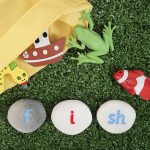
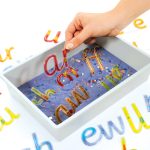 Clever Tiles
Clever Tiles
Importance of language and reading
It is important that the effort and attention put into language and reading in the Early Years continues, through Primary and Secondary education and beyond. The transition between Early Years, Primary and Secondary are vital and high-quality oracy education will support vocabulary throughout.
Finding ways to encourage reluctant readers, speakers, and writers is crucial. Research shows that children with good EYFS scores in Communication, Language and Literacy are the highest achieving at KS1 and KS2 in English and Maths. Developing language and reading is one of the most important things children learn at school.
The Educationalist James Nimmo Britton said, “Good literacy floats on a sea of talk”.
We value the importance of oracy education and support teachers with a wide range of language and listening resources. We want children to be confident and have the ability to talk and share their ideas. If we develop a love of books and reading, we can have a hugely positive impact on a child’s education, as well as bringing them lots of lifelong enjoyment EVERY TIME THEY OPEN A BOOK!


